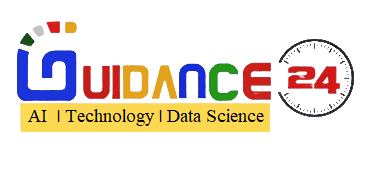operations of an organization but are not directly related to the production process. Here’s a comprehensive list of indirect procurement categories:
- Office Supplies: Paper, pens, pencils, notebooks, folders, binders, staplers, tape, envelopes, and other stationery items.
- IT Products and Services: Computers, laptops, tablets, printers, software licenses, networking equipment, cloud services, IT consulting, and technical support.
- Facilities Management: Janitorial services, cleaning supplies, maintenance and repair services, HVAC systems, landscaping, security services, and waste management.
- Professional Services: Legal services, accounting and auditing, tax consulting, financial advisory, human resources consulting, marketing and advertising agencies, and recruitment services.
- Travel and Expense Management: Airfare, hotel accommodations, rental cars, meals, travel booking services, expense management software, and corporate travel agencies.
- Telecommunications Services: Telephone systems, mobile phones, internet service providers, data plans, teleconferencing services, and telecommunications equipment.
- Marketing and Advertising: Advertising campaigns, promotional materials, graphic design services, printing services, media buying, market research, and digital marketing services.
- Training and Development: Employee training programs, seminars, workshops, online learning platforms, training materials, and external training providers.
- Financial Services: Banking services, credit card processing fees, financial software, insurance services, investment management, and financial advisory services.
- Office Furniture and Equipment: Desks, chairs, filing cabinets, cubicles, office partitions, office lighting, office decor, and office furniture installation services.
- Corporate Services: Employee benefits administration, payroll processing, corporate insurance, legal compliance services, and corporate governance consulting.
- Utilities: Electricity, water, gas, internet, telephone, and other utility services required for office operations.
- Health and Wellness Programs: Employee wellness programs, health insurance, gym memberships, employee assistance programs, and health screening services.
- Logistics and Freight Services: Freight forwarding, courier services, packaging materials, shipping supplies, customs brokerage, and warehousing services.
- Events Management: Event planning services, conference venues, catering services, event rentals, audiovisual equipment, and event staffing.
- Software and Licensing: Business software applications, software licenses, software maintenance, subscriptions, and software support services.
- Security Services: Security personnel, surveillance systems, access control systems, alarm systems, security consulting, and security monitoring services.
- Environmental Services: Environmental consulting, sustainability initiatives, waste recycling programs, energy efficiency audits, and carbon footprint monitoring.
- Employee Benefits: Health insurance, retirement plans, dental insurance, vision insurance, disability insurance, and employee assistance programs.
- Legal and Compliance Services: Legal advice, regulatory compliance services, contract drafting and review, intellectual property protection, and dispute resolution services.
This list provides a comprehensive overview of the various categories included in indirect procurement, highlighting the diverse range of goods and services that support the operational needs of an organization.

